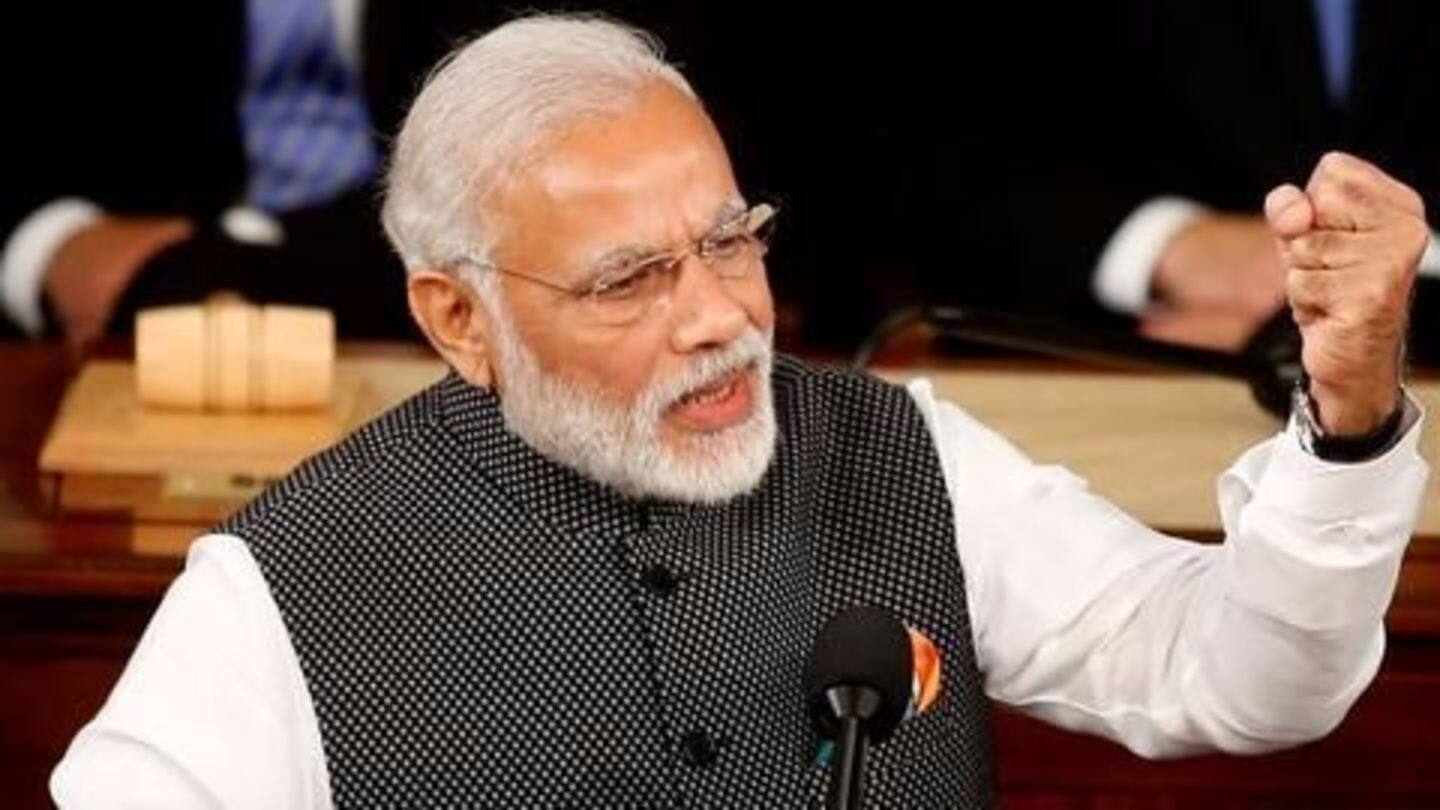
Maternity Benefits- Centre cuts spending, only firstborns to receive coverage
What's the story
In changes introduced to the Maternity Benefits Programme (MBP), the Modi government limited the applicability of the Programme from "first two live births" to "firstborns", almost halving the number of beneficiaries. The Cabinet has further decided to provide Rs. 6000 to pregnant women and lactating mothers to improve their nutrition and health status across districts. What are the implications of this policy change?
Data
What does the Programme intend to address?
The renewed Programme aims to improve India's abysmal maternal and infant mortality rates, by focusing on the mother's health. Government data reveals that while every third woman is undernourished, every second is anaemic; which is why they give birth to low weight babies.
About
What is the Maternity Benefit Programme?
The Programme was launched as an expansion of the Indira Gandhi Matritva Sahyog Yojana, a pilot project implemented across 56 districts from 2010. The programme focused on bringing down Maternal Mortality Rates (MMR). The earlier scheme aimed to provide Rs. 5000 over three instalments, through the pregnancy period and after childbirth, by direct benefit transfer from the Ministry of Women and Child Development.
Details
What changes have been made?
While limiting benefits to the first-born child, the cabinet has approved a budget worth Rs. 14,512 crore. This will benefit over 225 crore pregnant women and lactating mothers who will receive Rs. 6000 in installments of Rs. 1000, through direct transfer. For women employees in unorganized sector, there are provisions to neutralize effects of wage losses.
Do you know?
Who does the scheme not cover?
The scheme excludes women employed with the central and state governments and Public Sector Units. Women who receive maternity benefits under any other law are also ineligible for assistance under the scheme.
Criticism
What are the implications?
Health activists have criticized the government of "cost cutting" and discriminating against second-born children. They further point out that this would cut off access to vulnerable women who are in need of aid. Tania Sheshadri, a community health worker from Karnataka notes, "the government should concentrate on quality care for pregnant women and provide benefits to all women who approach a government health centre".